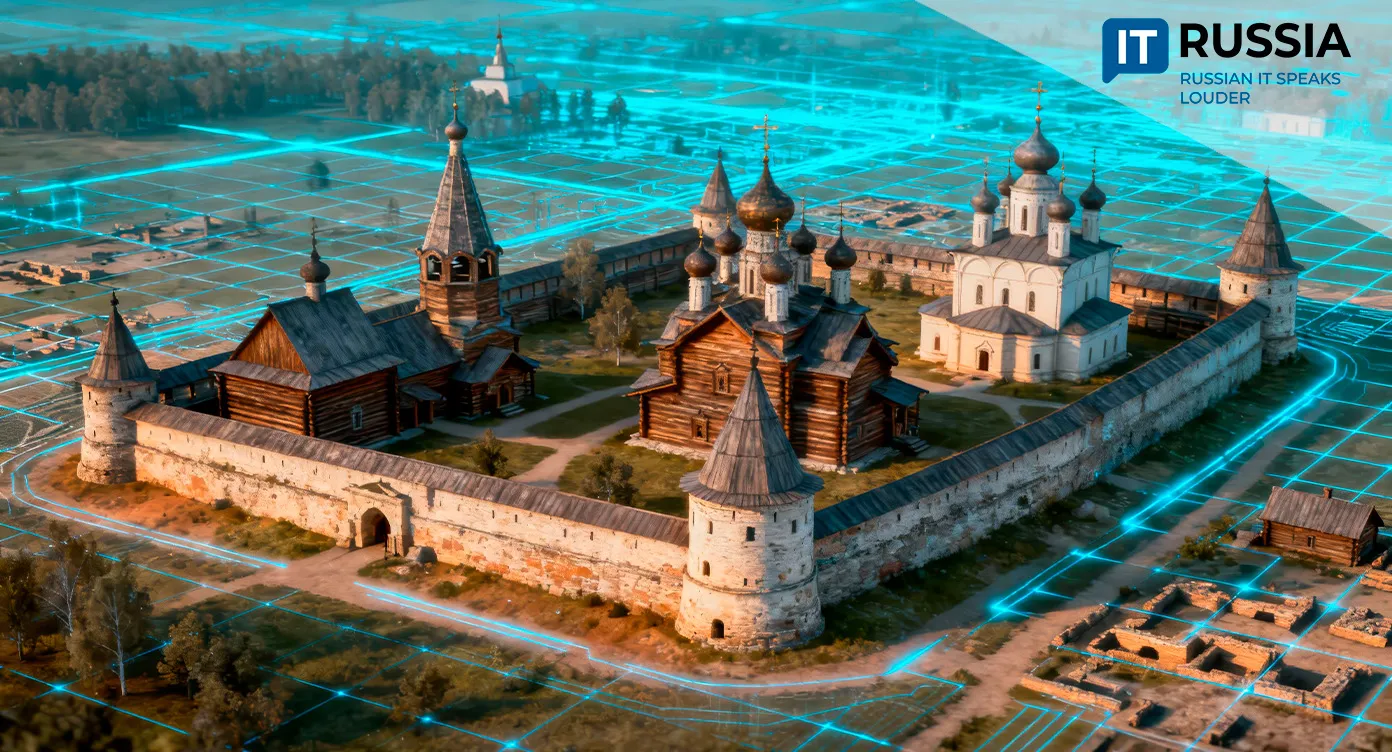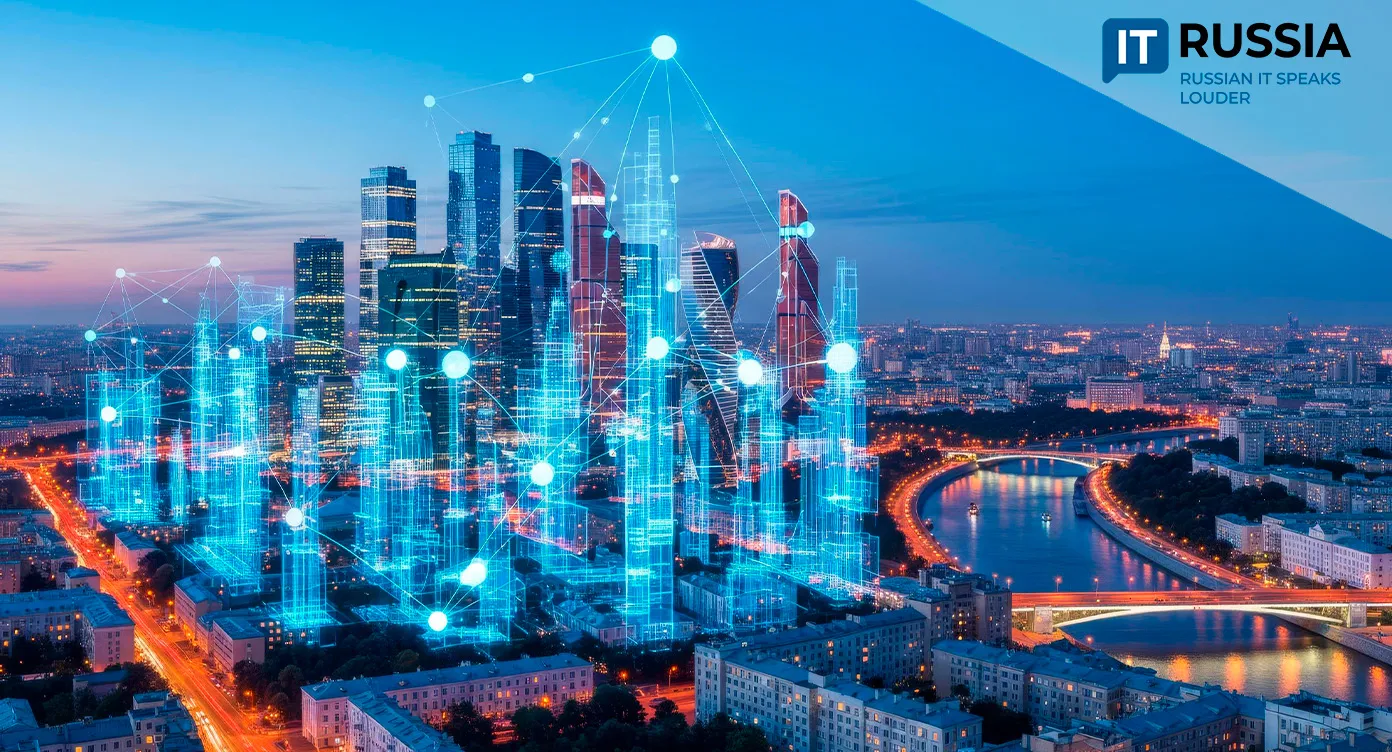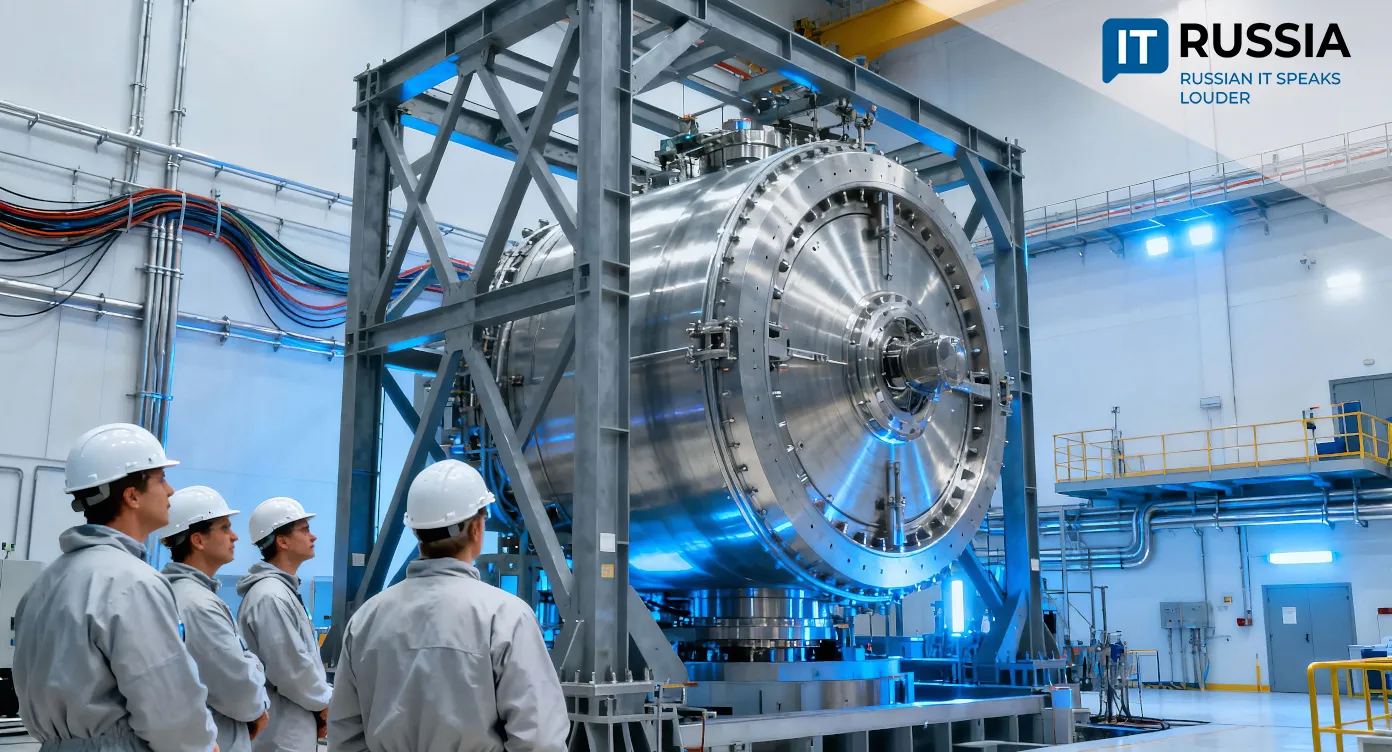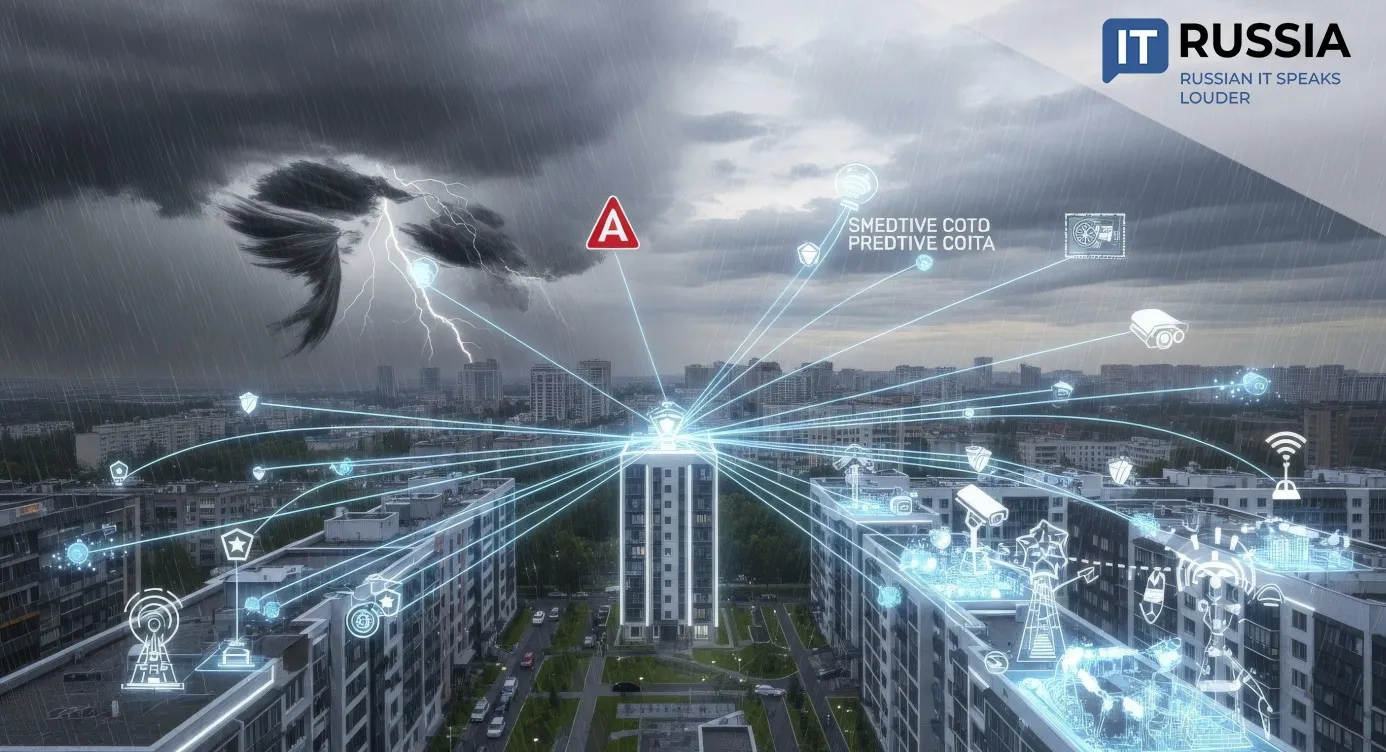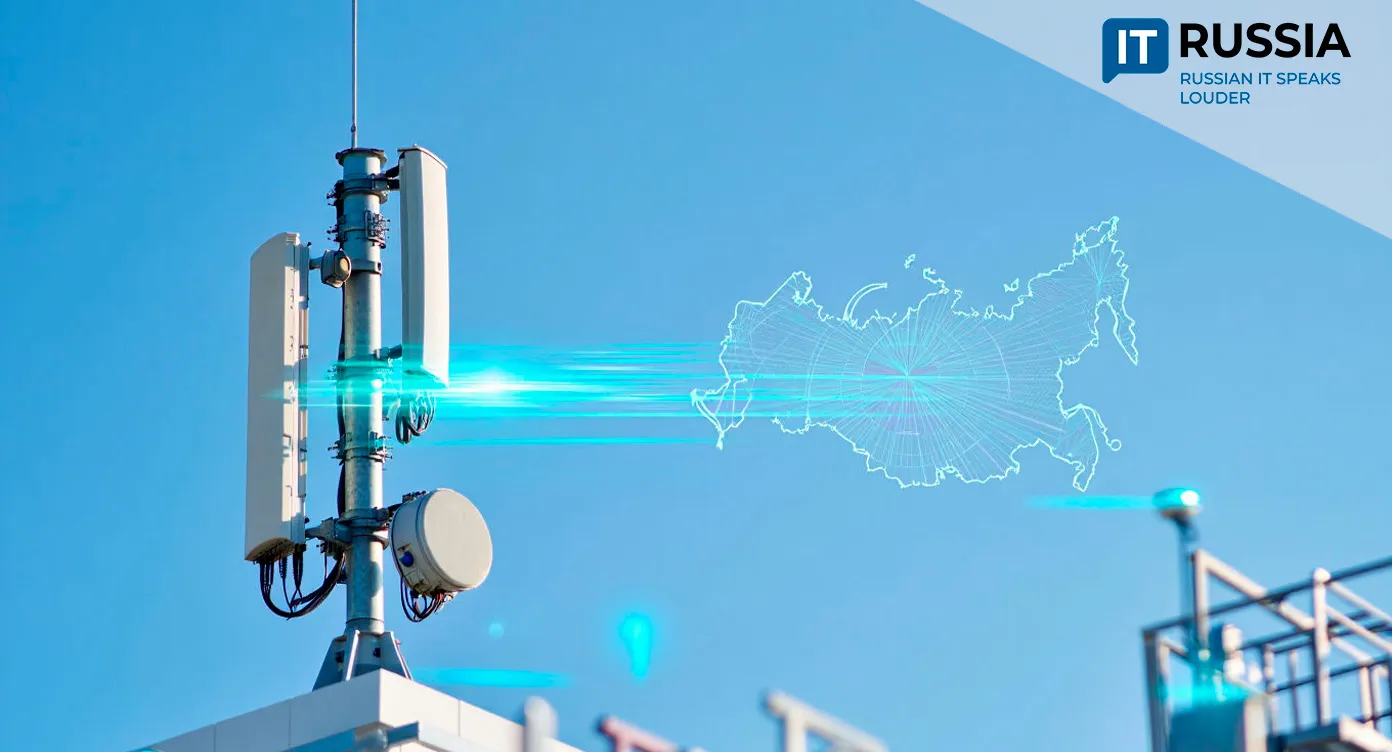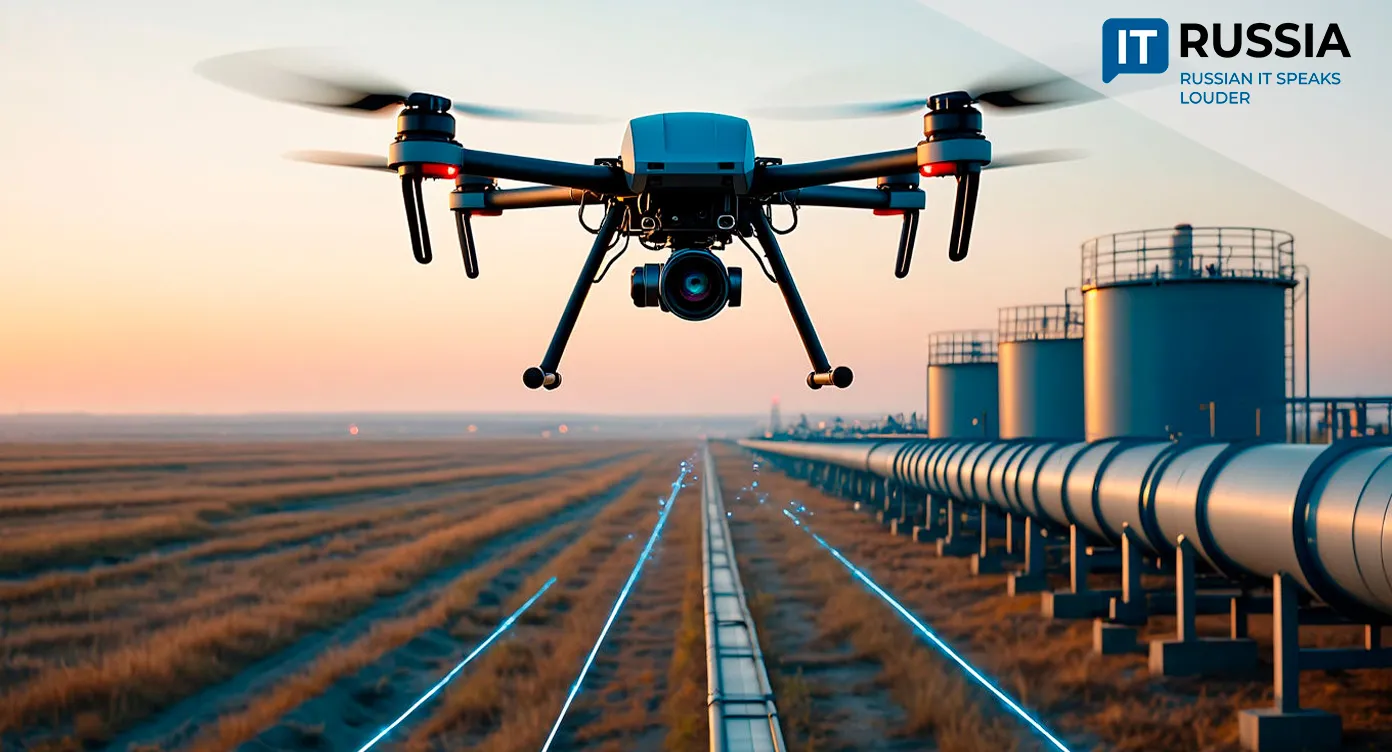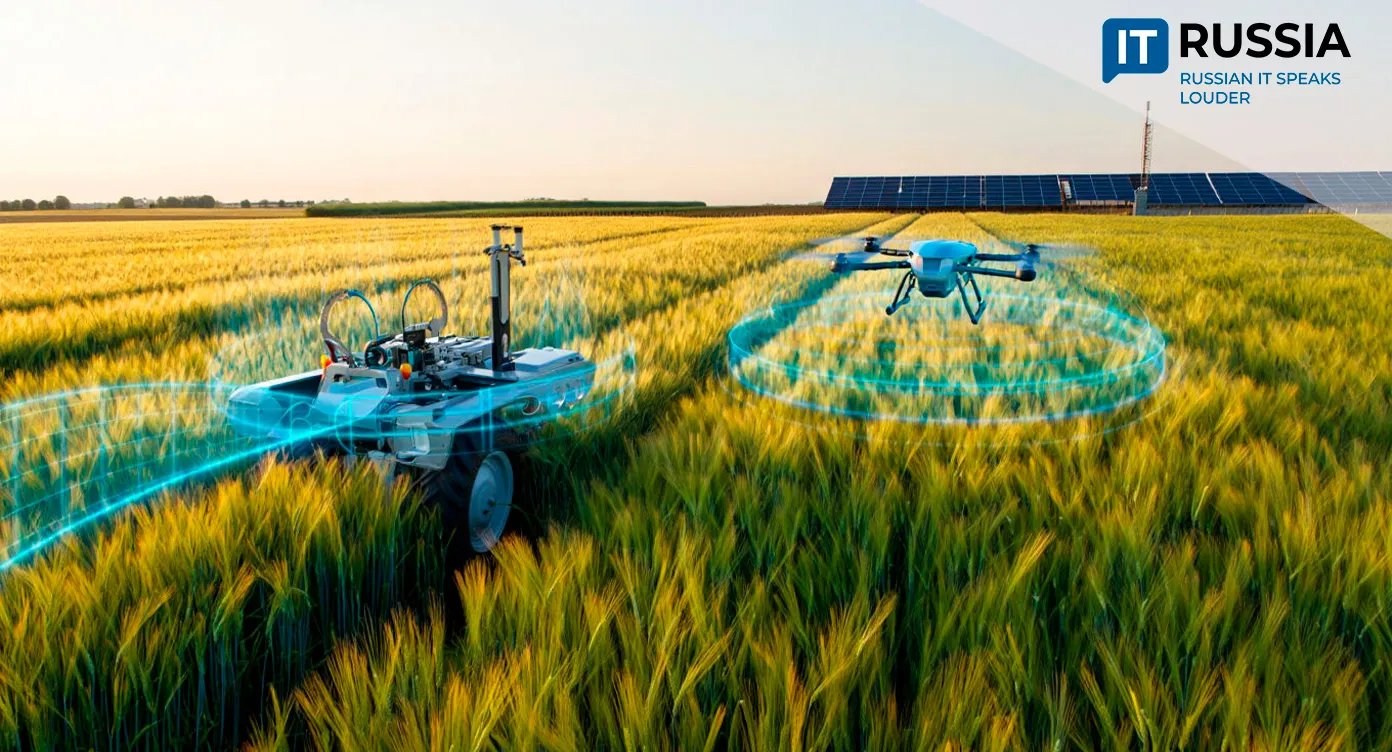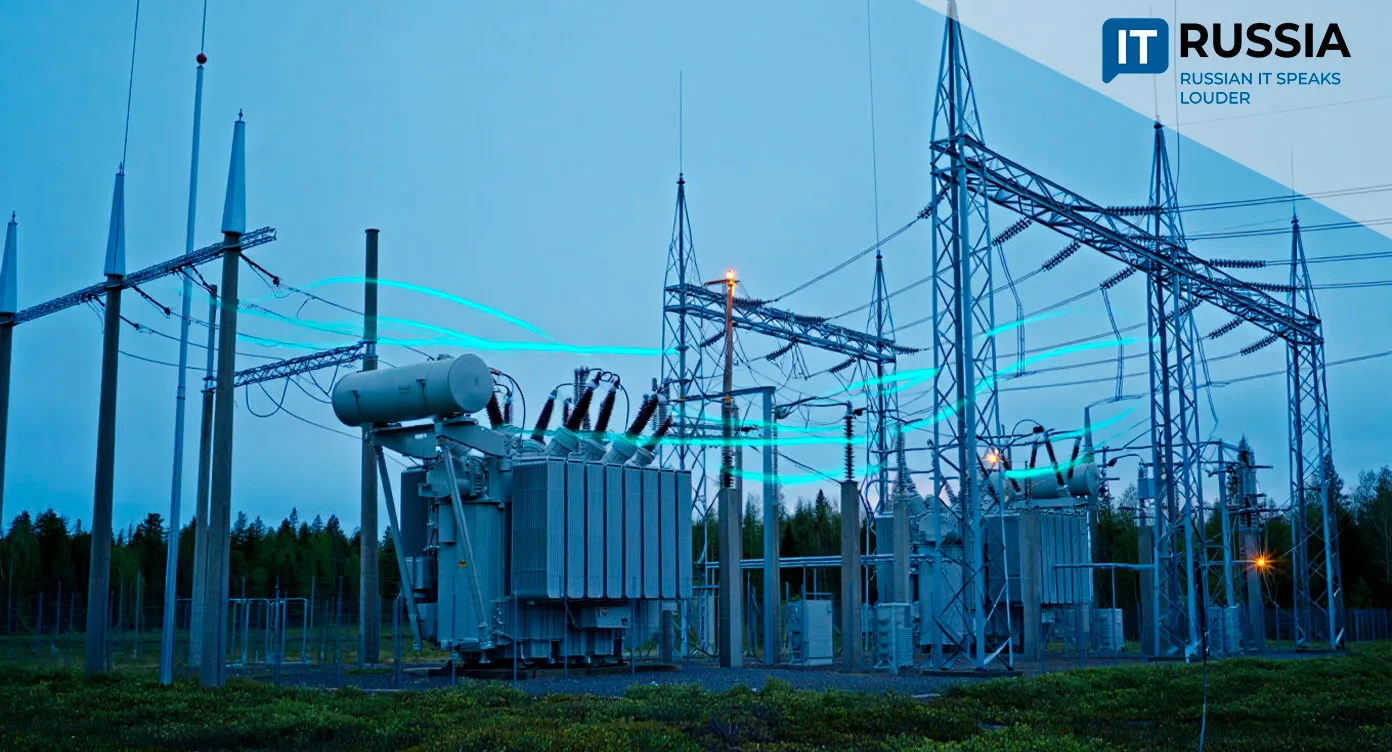AI Becomes a Core Driver of Growth in Russia’s Telecom Industry
Artificial intelligence is rapidly becoming a core engine of growth for Russia’s telecom sector, boosting operator efficiency, strengthening network resilience, and enabling new data‑driven services.

Beyond Experimentation
Artificial intelligence (AI) has long moved past the experimental stage in Russia’s telecom industry. It is now a full‑scale operational tool that accelerates task execution and reduces operator costs. AI is used extensively in customer support: chatbots resolve most standard issues without the involvement of live agents. Neural networks also forecast network load, detect bugs, resolve outages, and optimize resource distribution. Despite these advances, AI is not replacing people—it complements them, forming a hybrid model of efficiency.
AI algorithms are also widely used to maintain network equipment. By analyzing load patterns, they detect early signs of potential failures long before they turn into service disruptions.

Major Development Directions
Danil Temnikov, Senior Expert at the Institute of Electrical and Electronics Engineers (IEEE), believes growth in the next few years will follow three vectors: self‑managed networks, personalized connectivity quality, and a shift toward a data‑driven economy.
“Connectivity is no longer just a service, but a platform for digital experiences,” Temnikov emphasized.
For telecom operators, the main motivation behind AI adoption is a measurable improvement in financial performance. Algorithms help operators generate significantly higher revenue per subscriber without restructuring the underlying business model. Experts predict that AI could raise operator EBITDA by 3–4 percent within the next two years and by 8–10 percent within five years.
Strengthening Security
Equally important is improved cybersecurity for both companies and their customers.
“AI can analyze and identify patterns behind DDoS attacks or phone‑based fraud, notifying operators about unusual activity in real time,” noted Aleksandr Shchukin, CTO of hosting provider Tendence.ru.

Russian telecom operators are deploying AI not only for internal use but also as commercial solutions for other industries. In 2023, operator T2 developed an AI algorithm to analyze vehicle traffic on highways. The system identifies high‑load road segments and provides insights into the socio‑demographic profile of traffic flows—valuable for planning road junctions, supporting advertisers, and helping retailers choose new store locations.
In July 2025, MTS announced the creation of MWS Data, a platform for processing enterprise‑scale datasets across multiple industries. It enables businesses to cut data‑processing time from days to seconds, improve forecast accuracy, and reduce storage costs by 40 percent.
Improving Data Storage Systems
To further scale AI, one major challenge must be addressed: improving enterprise data‑storage architecture.

“In many companies, data is fragmented—part in network logs, part in billing, and part in CRM systems. Such scattered and often ‘dirty’ datasets make model training difficult. The solution is a unified data‑management layer with well‑defined rules and consistent access,” said Maksim Vlasyuk, Director for Industrial Sector Solutions at Arenadata.
The next stage of AI evolution in telecom will involve centralized information platforms, updated regulatory frameworks, and autonomous next‑generation networks in which AI becomes a foundational component of the communication ecosystem rather than an auxiliary tool.











